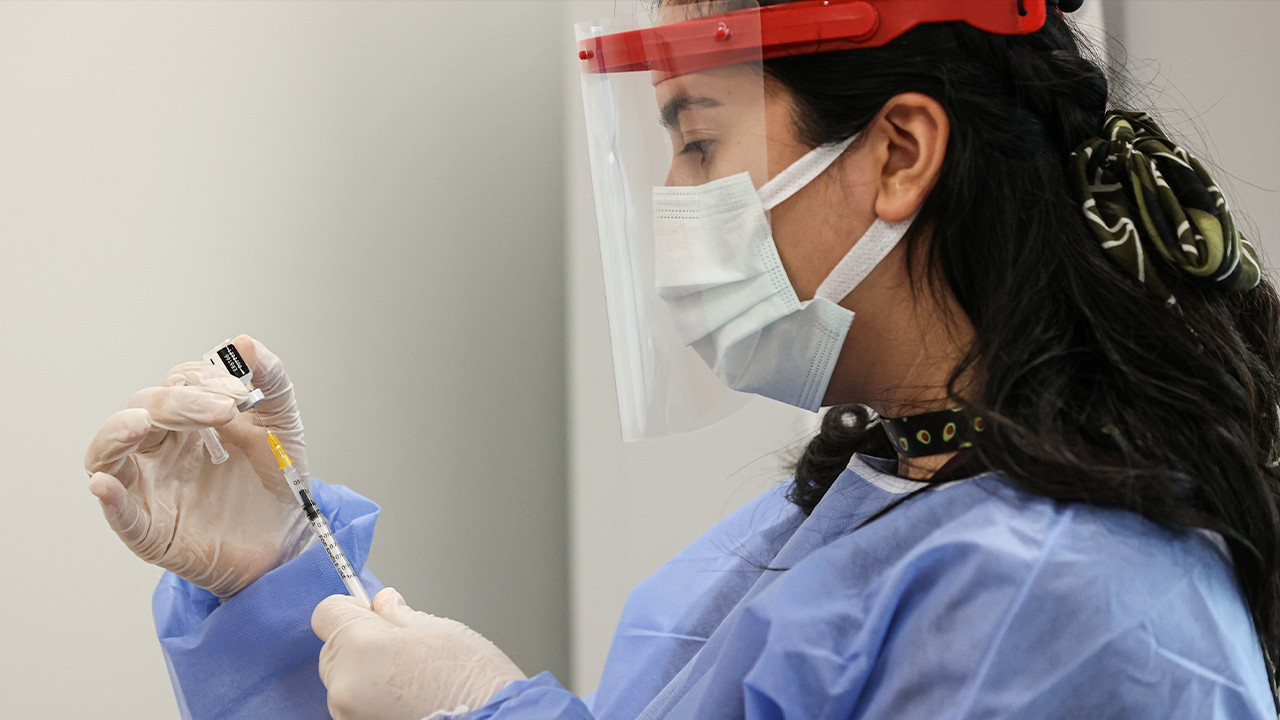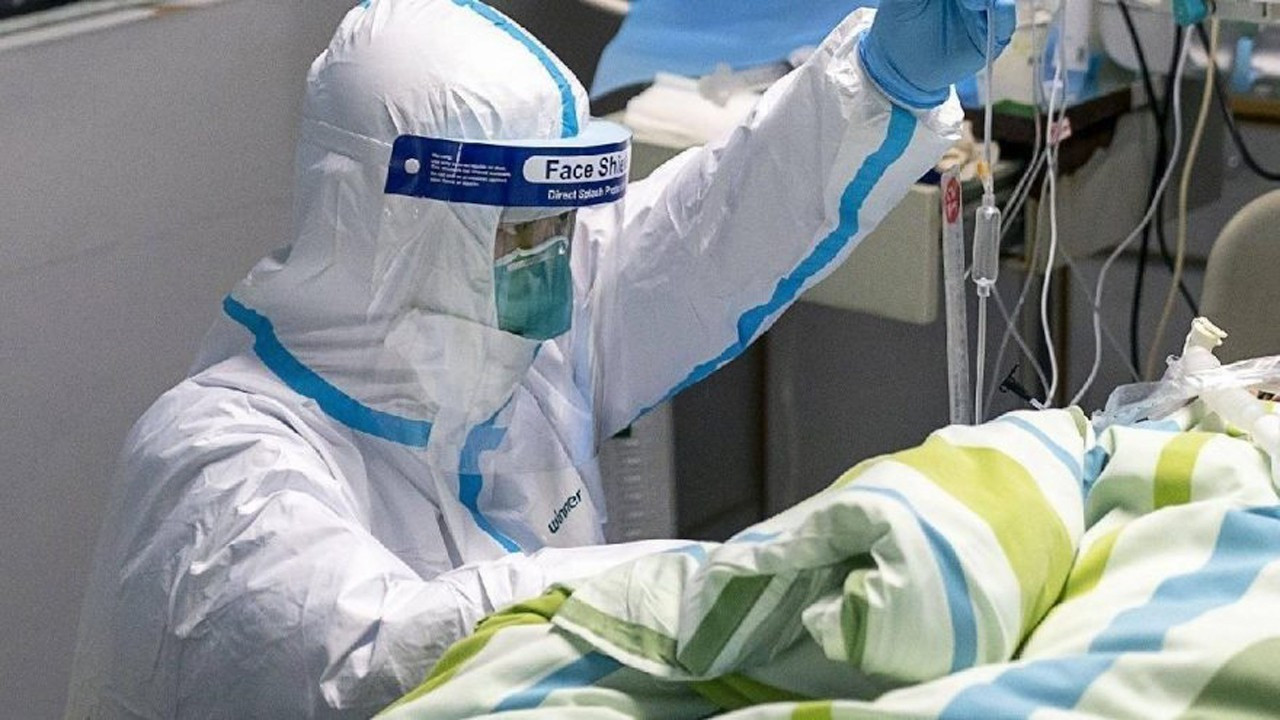Asthma drug could help in COVID-19 treatment, Turkish scientists say
Commonly used to treat asthma, a drug named Montelukast could help with the treatment of COVID-19, a recent study conducted under TÜBİTAK revealed. Conducted by Bahçeşehir University and Istanbul Medipol University, the study revealed that the drug can prevent the virus from penetrating cells and multiplying.
Duvar English
A medication often used in treating asthma, Montelukast or brand name Singulair, was proven to assist in the treatment of COVID-19, a study ran under The Scientific and Technological Research Council of Turkey (TÜBİTAK) revealed.
Conducted as part of TÜBİTAK's COVID-19 Turkey Platform by Bahçeşehir University and Istanbul Medipol University, the study is in its second phase and inspected 15,000 molecules.
"Biological tests revealed that Montelukast prevents the SARS-CoV-2 virus from penetrating a cell and multiplying afterwards," said a press release dated April 22.
Turkey's Pharmaceuticals and Medical Devices Agency (TİTCK) approved a phase 2 clinical trial on 380 volunteer patients to test the effectiveness of Montelukast at eight different medical centers.
"The most important property of this drug is that it prevents both the Spike/ACE2 interaction while penetrating the cell, and the molecular mechanism that can prevent its multiplication while inside the cell," said Project Coordinator Prof. Serdar Durdağı.
Virus neutralization tests have also revealed the drug to delay the virus' effect when administered pre-infection, Durdağı noted, adding that the repurposing of the asthma drug can significantly lower treatment costs.
"Drug repurposing doesn't require the same amount of lengthy clinical trials, which makes the method a perfect substitute in emergencies and pandemics," Durdağı said.
The creator of the domestic substitute for Favipiravir, Dr. Mustafa Güzel noted the importance of multidisciplinary efforts in creating solutions for public health crises, and said that the team who worked on the Montelukast study.
The group of researchers includes scientists from Koç University and the second phase will be conducted as a Bahçeşehir University Scientific Research Project (BAP).

 Total vaccinations in Turkey surpass 20 million in almost 4 monthsCoronavirus
Total vaccinations in Turkey surpass 20 million in almost 4 monthsCoronavirus 'Istanbul was blatantly made epicenter of COVID-19 pandemic again'Coronavirus
'Istanbul was blatantly made epicenter of COVID-19 pandemic again'Coronavirus